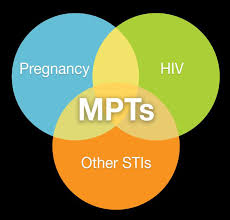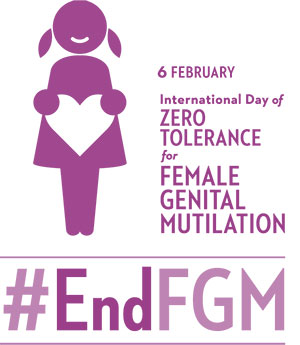
Bringing Multi-Purpose Prevention Technology Development into the Global Spotlight
Multi-purpose prevention technologies (MPTs) are the future for female-driven sexually transmitted infection (STI) and unplanned pregnancy prevention. Although dozens of products are in the MPT development pipeline, including several at the final stages of clinical trials, progress in development has been slow, and investment paltry. In my last post, I discussed the technical and scientific barriers that are slowing down MPT research. Today I will highlight the comparable societal barriers, namely: lack of government willpower, widespread poor understanding of the depth and breadth of these health issues, and funding troubles. First, though HIV and unplanned pregnancies receive substantial attention in the fields of global health and development, other STIs tend to be much more overlooked. Fewer global health organizations conduct regular surveillance of non-HIV STIs, preventing more funding from going to their prevention. For instance, the World Health Organization’s (WHO) 2015 Report on global sexually transmitted infection surveillance reported an estimated 357.4 million new infections worldwide (roughly 1 million per...





